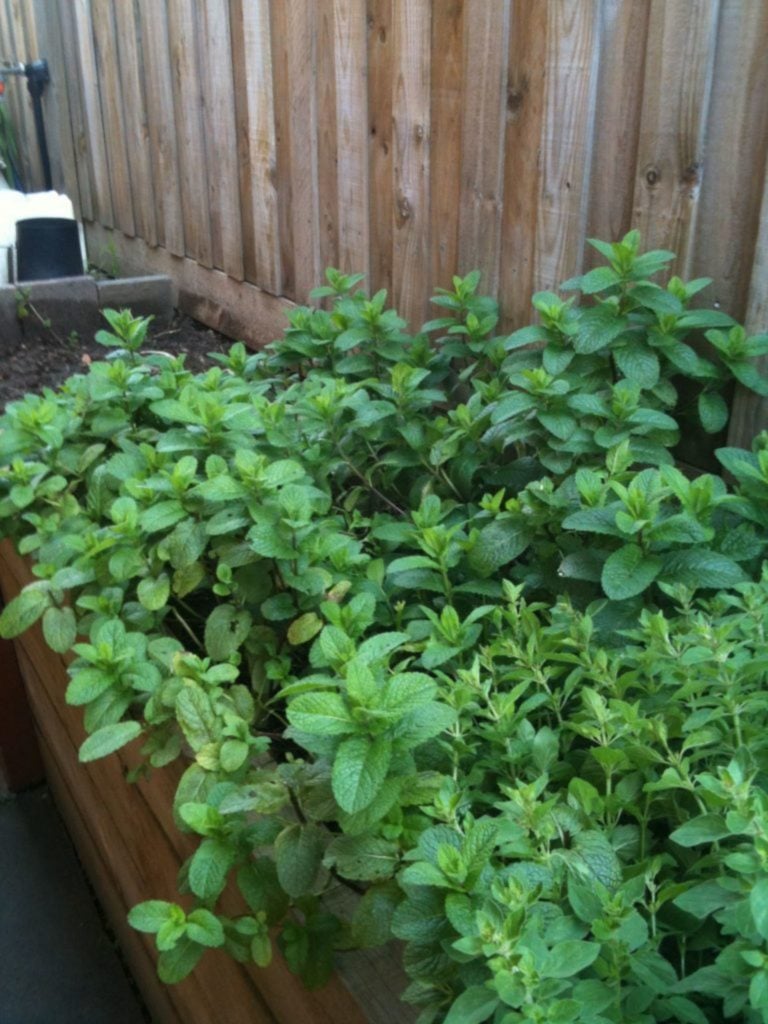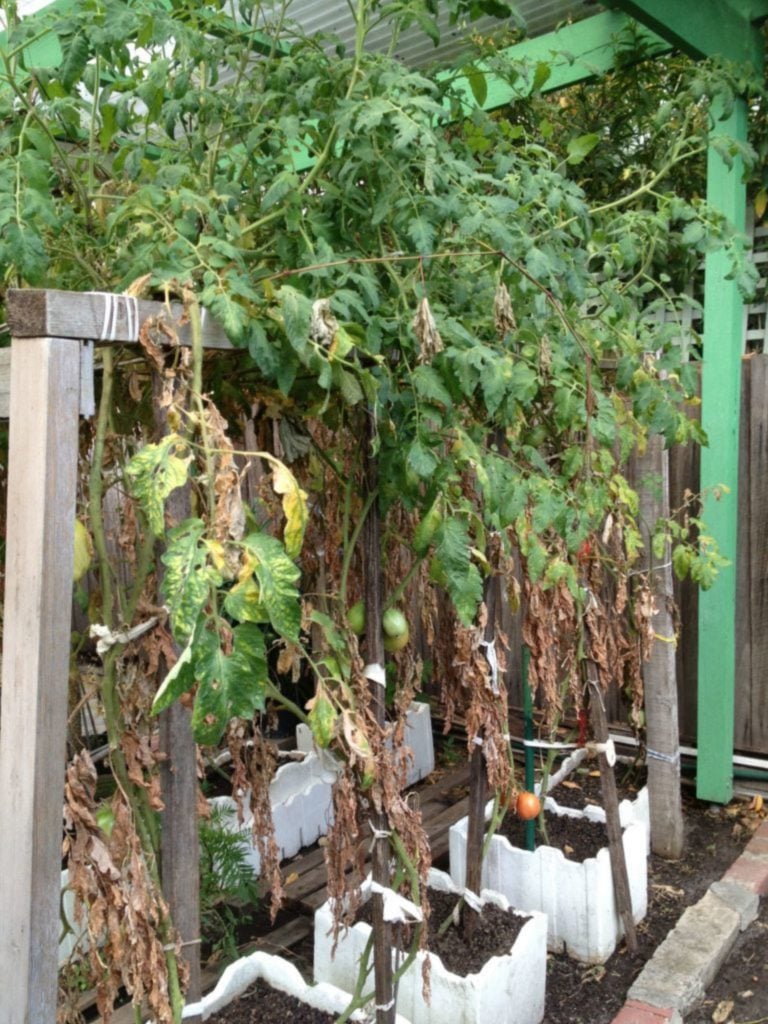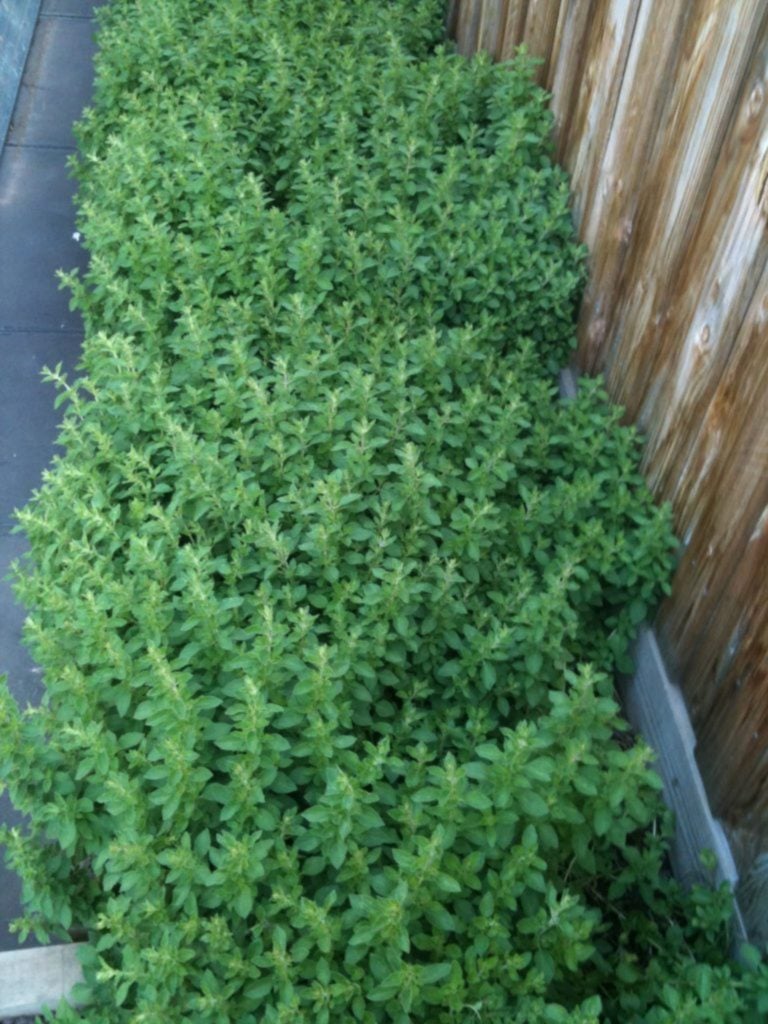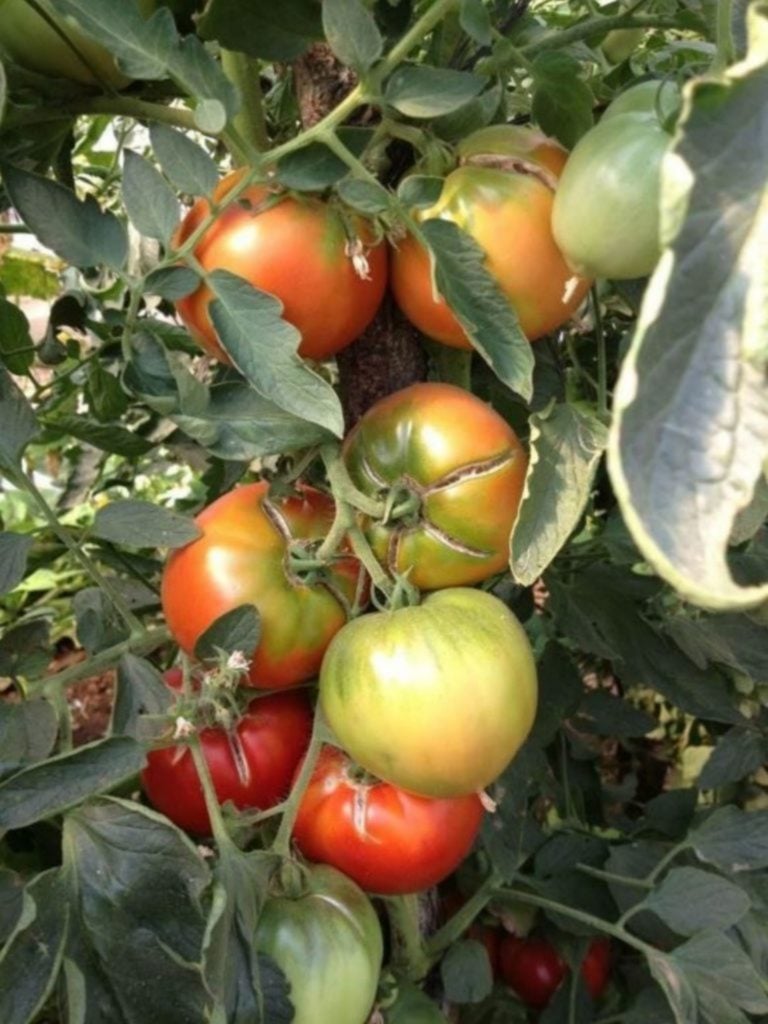There truly is nothing like bringing back a bag of homegrown tomatoes from our grandparent’s gardens.
Evidence from a study published in 2019 suggests the benefits stretch beyond receiving delicious fruit and vegetables.
Research dietitian Dr Tania Thodis had a look into Greek Mediterranean diet pattern adherence and successful ageing following Mediterranean Islands Study’s (MEDIS) method of investigation.
“We knew that the islander’s in Greece were doing better than their mainland counterparts because they tend to keep more to tradition…we knew our Greeks here were very traditional and thought let’s find out if that has any role to play,” Dr Thodis said.

The Australian study delved into exercise and eating habits of Greek island born migrants of Australia over the age of 65 and found over 75 percent of them maintained a garden growing fruits and vegetables.
As a result of these Greek-Australian elderly migrants maintaining their own gardens, the study showed they had a tendency to consume more plant based produce.
“Over three quarters of the participants of what they were growing, they were eating over 50 percent of their produce…what it suggests is that they eat a lot more vegetables than the Australian born population,” Dr Thodis said.

Aside from the general health benefits of eating organic fruit and vegetables, maintaining a garden that produces these homegrown goodies presented other positive benefits.
“They’re getting outside, they’re exercising, they’re out in the sunshine, they are sharing their fruits and veggies with friends and family so there’s a social aspect to it. We suspect that helps reduce that isolation that the Australian born population of elderly people suffer,” Dr Thodis explains.
The Mediterranean diet has long been hailed as one of the healthiest diets in the world and maintaining a garden seems to also aid in helping maintain its traditional eating habits.
“We have access to food all year round but the thing with having a garden is that our Greek elderly, because they grow them they tend to eat seasonally…it’s one of the rituals of the Mediterranean diet; Eat seasonally, eat locally and it’s a sustainable way of eating,” Dr Thodis said.

Three quarters of the participants were found to grow tomatoes, citrus fruits such as lemons and oranges, whilst around 60 percent also grew garlic and leafy greens and just under 40 percent of the group incorporated stone fruits and cruciferous vegetables like broccoli and cabbage.
Although the study pointed out some great instances of how maintaining a produce garden helps upkeep the traditional diet, it also questioned how meals were prepared.
Dietitian and academic Dr Catherine Itsiopolous had a hand in guiding Dr Thodis during her study and has done her own extensive research in the area of the Mediterranean diet.
“The Australian born people will eat tomato every day, but just one slice, so about 10 grams in a sandwich, whereas Greeks would eat a whole tomato so say about 100 grams. Plus when they eat leafy greens, its a whole bowl…And so what Tania has shown in her study is that Greeks are consuming far more plant based products in their diet,” Dr Itsiopoulos said.

She also went on to explain that how the produced is cooked is just as important as including it in the diet.
“In my studies what we identified as being protective is a pattern of eating that included salsa, which includes tomatoes, garlic, onion, herbs and extra virgin olive oil and Tania has found similar things now 20 to 30 years later,” Dr Itsiopoulos said.
Dr Itsiopoulos notes that the study itself highlights the importance of eating seasonally without the need for artificial growing techniques.
“There’s the organic element there. The richness of antioxidants when things ripen on the vine versus a temperature controlled produce which is less intensive in the antioxidants,” she said.

Despite the obvious joys of cultivating a garden full of produce, be it saving some extra money on shopping in the supermarket or the richness in flavour, Dr Thodis was left with a nice thought from one of her participants who chose produce over flowers.
“He said it’s nice to have a lawn, but it doesn’t give you life like the vegetables do.”
Dr Thodis hopes that her study in collaboration with MEDIS will inspire more investigation into the traditional diet practices of other cultures as “there are a lot of good factors in other cuisines” and there may be great health benefits in looking into them rather than encouraging them to change their own.
*This story was originally printed on 18 July 2020









